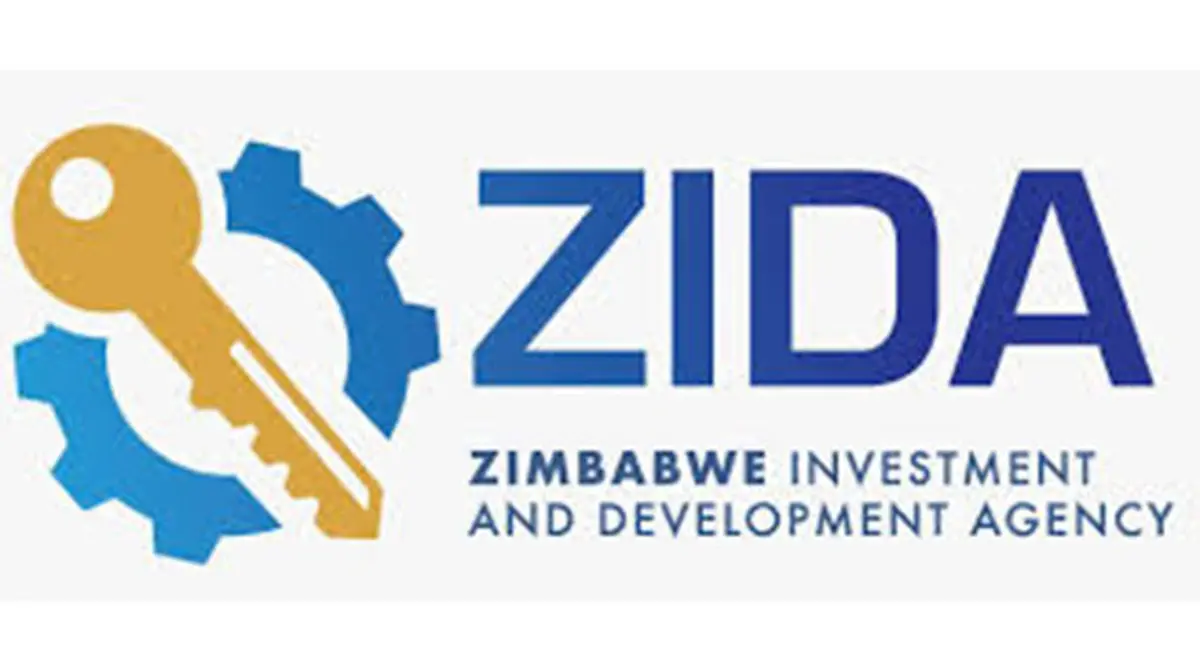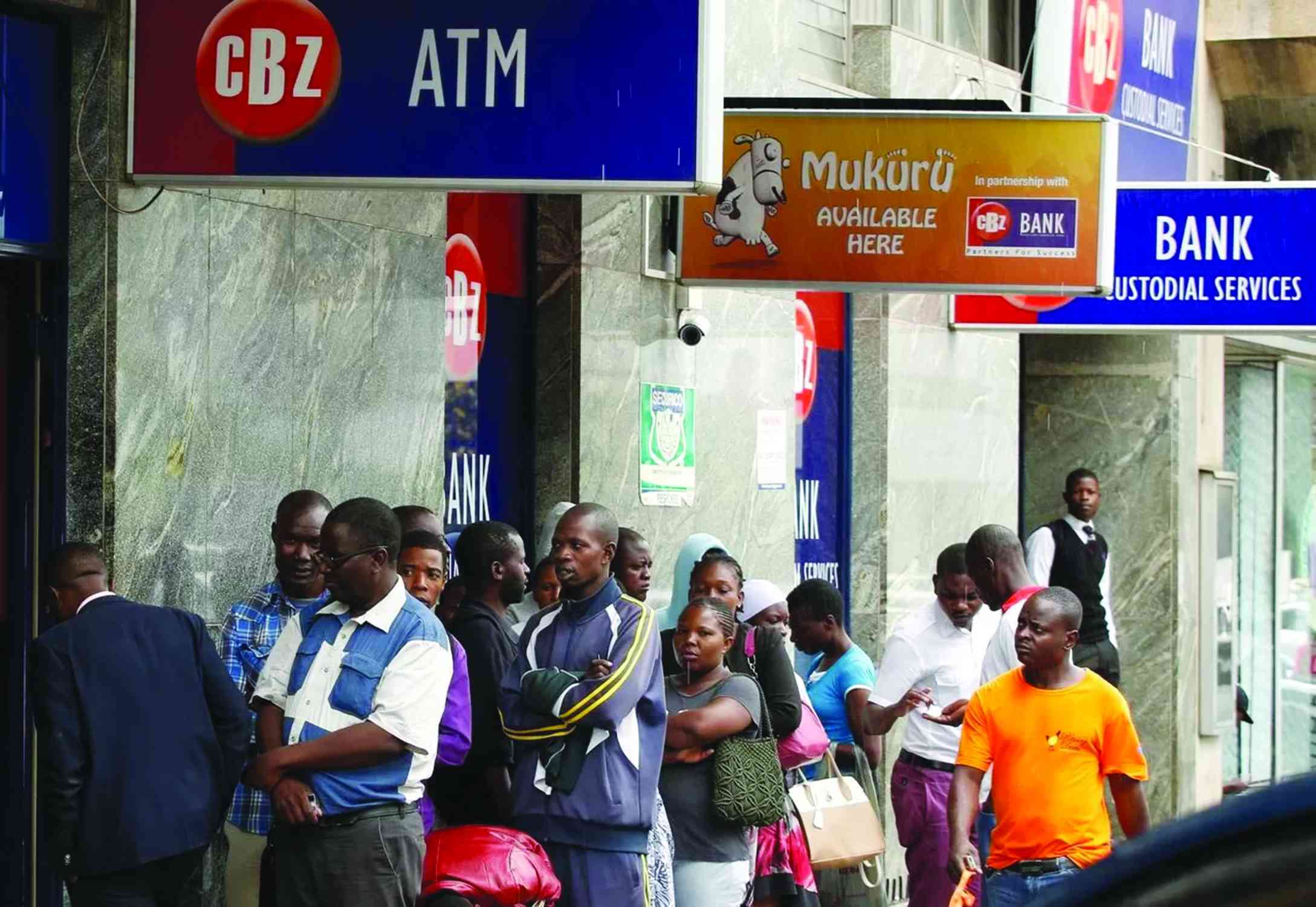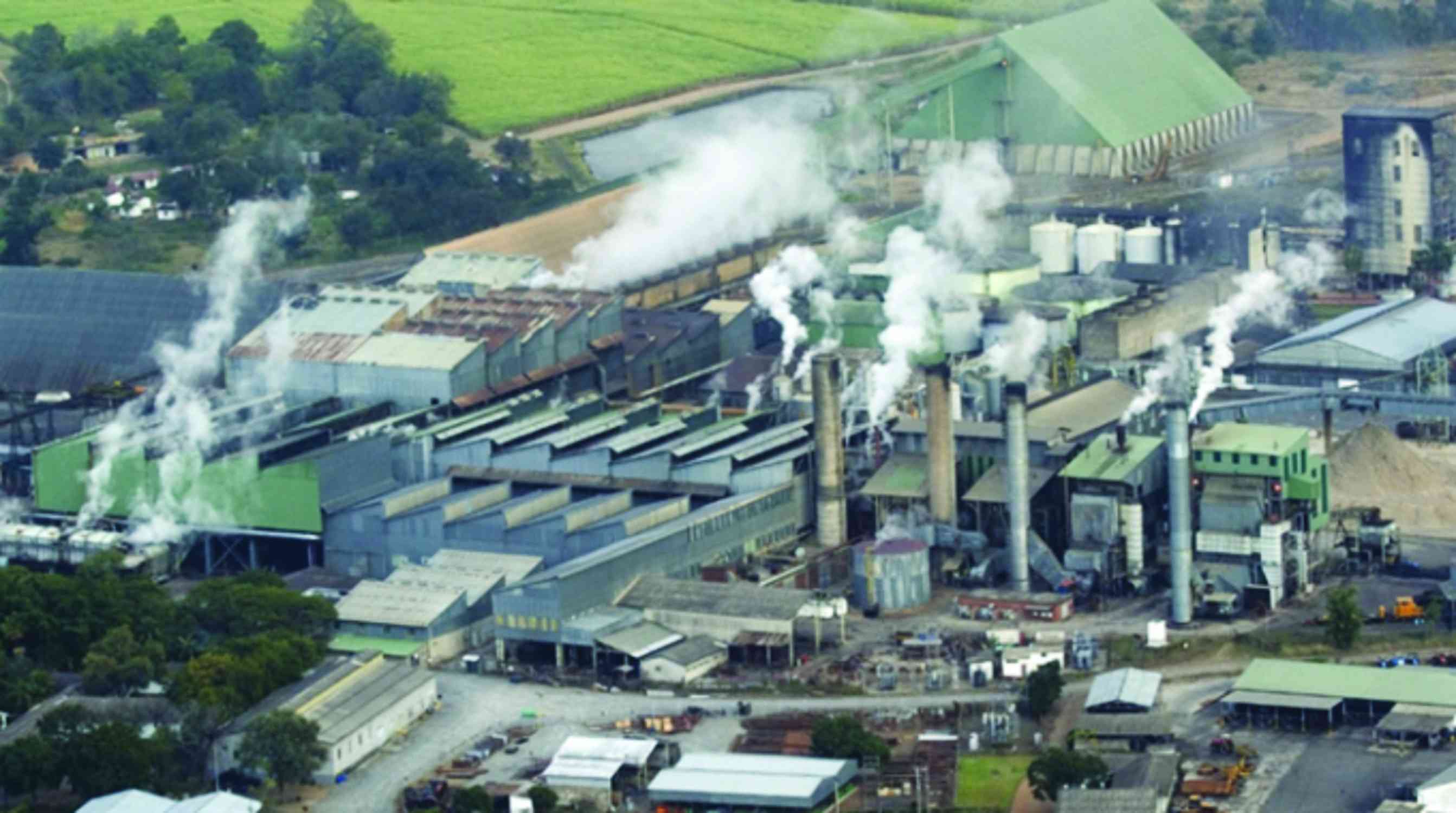
MTHANDAZO NYONI THE Zimbabwe Investment and Development Agency (Zida) is set to licence 150 projects this year worth US$700 million, spurred by a significant reduction in Covid-19 induced restrictions, businessdigest has learnt.
Zida acting chief executive officer Duduzile Shinya, told businessdigest that mining and agricultural projects are among the 150 to be licenced this year buoyed by an uptick in investor sentiment.
“Due to a relatively better Covid-19 environment with far less disruptions, and a generally improved investor sentiment background, we expect to licence 150 new projects this year, with a projected investment value of US$700 million,” Shinya said.
“Despite a slight pullback in main sectors’ contribution to the total projects, but just like in 2020 and 2021, we still expect the main sectors of mining (30%; previously in 2021 33%), agriculture (25%; 27%), and construction (17%; 16%) to dominate total projects licenced.
“The cited pullback is actually positive as we expect a higher contribution from key sustainable growth sectors like services (12%; 9%) and Manufacturing (13%; 9%),” she added.
The 150 projects to be licenced this year, Shinya said, will be more than last year’s in which 126 new projects were approved, with a total projected investment value of US$557,7 million. On complaints by local authorities over Zida’s delay to approve its investment projects, Shinya said the submissions for the projects were either incomplete or poorly packaged.
“A number of councils have made project submissions and inquiries to Zida for analysis and recommendations to relevant committees — mostly Public, Private Partnership (PPP) proposals,” Shinya said.
“Zida has noted in most cases that the projects were not properly packaged and needed rework and advised on missing elements and how they should or could be addressed.”
- Chamisa under fire over US$120K donation
- Mavhunga puts DeMbare into Chibuku quarterfinals
- Pension funds bet on Cabora Bassa oilfields
- Councils defy govt fire tender directive
Keep Reading
The country’s target of becoming an upper middle-income economy by 2030, she said, was possible and could be surpassed if transformational steps are taken. Shinya, who was appointed Zida acting CEO this year following the death of Douglas Munatsi, said her plans for the institution were anchored on growth and expansion.
“It is important for Zida to become more visible in both the local and international markets. This will assist us to disseminate the various investment opportunities in the country for both local and foreign investors,” she said.
The Zida chief said she would like current investors to find tangible value in having registered their investments through the institution.
“I would like our service delivery to be state of the art and encourage further growth in investments received. I would like to see the growth and development of the staff not only to capacitate the agency but develop the staff as individuals,” Shinya said.
“I encourage better communication and teamwork within the team. I also look forward to greater collaboration with line ministries and other government departments and agencies.”











